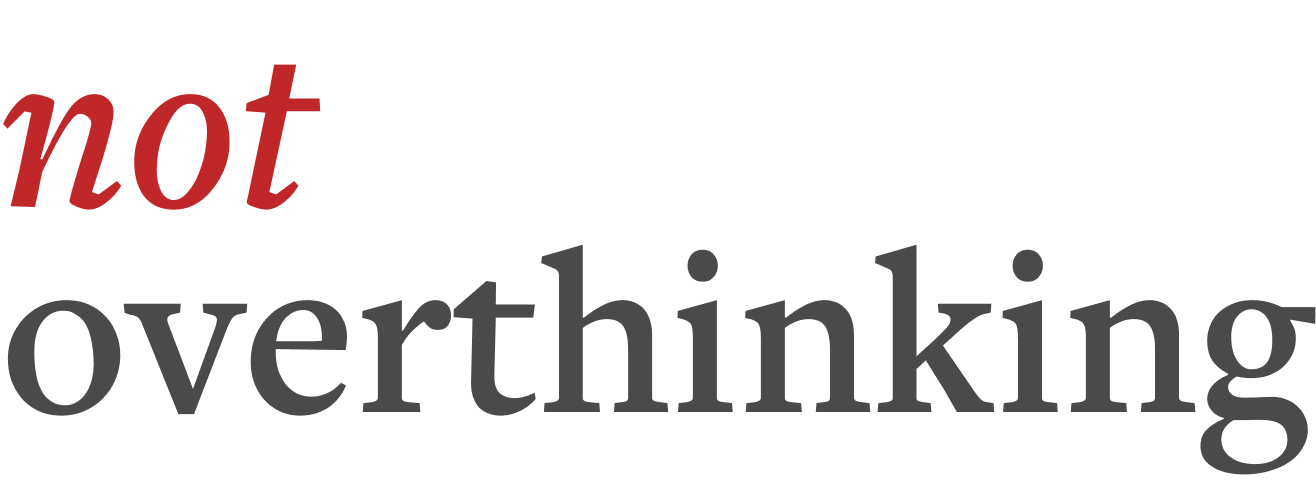Why do we love our jobs?

Some of the highlights from our discussion:
A large part of what makes a job fun is personal – we each derive enjoyment from different aspects of our jobs. Paul discusses enjoying the intellectual components and problem solving aspects of his job as well as the idea of communication and having that personal interaction with patients whereas Taimur believes that the people who you are working with can make a difference to enjoyment as he found out at his first job.
Tight feedback loops between inputs and outputs can help to augment job satisfaction. Feedback loops can be significant as they determine the lag time between actions and results – visible evidence of your actions and external results can affect how much you enjoy your job. Paul discusses how he finds that the tight feedback loop in his job between treating patients and seeing results, can be immensely beneficial in increasing job satisfaction.
How we discuss our work can change our approach and enjoyment. A change in internal vocabulary can make you feel differently about something. The language we use to talk about our jobs can shape our views about it. We talk about our jobs most often on a short time scale – how was your day, how was that meeting – it’s not that often that we talk on a more macro scale – how do you think the past three months have been or have you enjoyed the past year. We focus on small granular things which are perhaps not the best indicators for our enjoyment.
Positivity is a strategy not a delusion. Choosing to be positive about things or cultivating a deliberately positive attitude will ultimately have far reaching benefits that you can’t possibly imagine. Ali talks about ‘The Happiness Advantage’ which turns the conventional idea of happiness on its head – instead of saying that you’re happy because you’re successful, it says that you’re successful because you’re happy. Happiness in life is strongly correlated with improved performance, improved innovation and success. Hence, being actively positive and if you choose to have a positive frame of mind, you can get into a self-reinforcing positive feedback loop where you’re positive about what you’re doing and you put more effort into it.
Become a Not Overthinker
We've got a fun little members-only community where we have a private Slack channel, and host weekly (ish) Zoom hangouts. Click here if you fancy joining.
Leave us a Review
If you enjoy listening to the podcast, we'd love for you to leave us a review on iTunes / Apple Podcasts. Here's a link that works even if you're not on an iPhone :)
Send us an Audio Message
We really want to include more listener comments and questions in our episodes. If you've got any thoughts on this episode, or if you've got a conundrum or question you'd like us to discuss, send an audio file / voice note to [email protected].
- For any non-audio comments, please comment on our YouTube channel.
- Alternatively, feel free to drop us a tweet or DM on Twitter - https://twitter.com/noverthinking.



